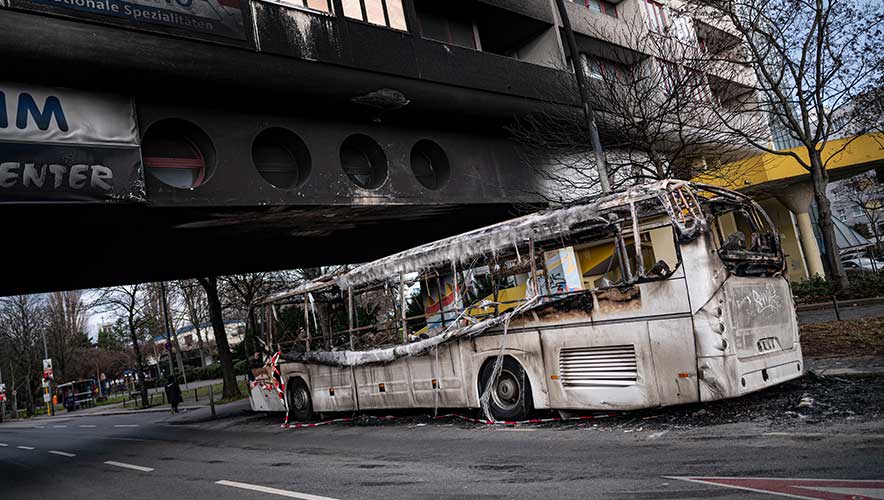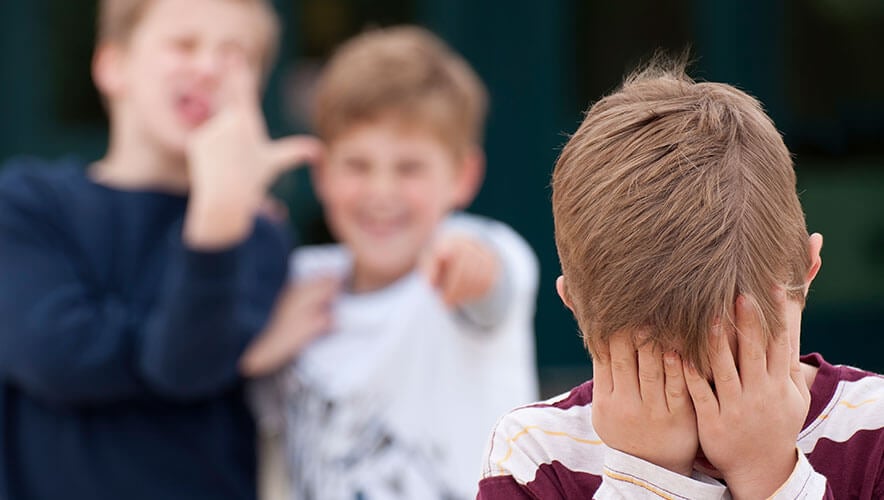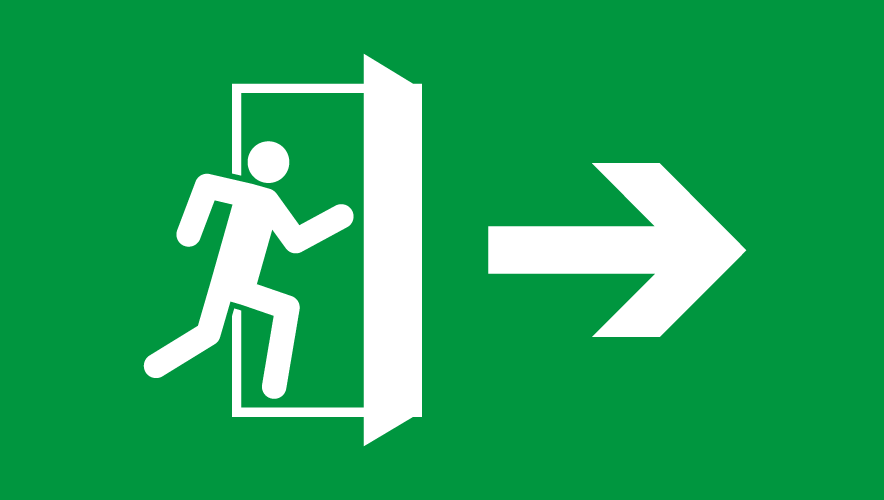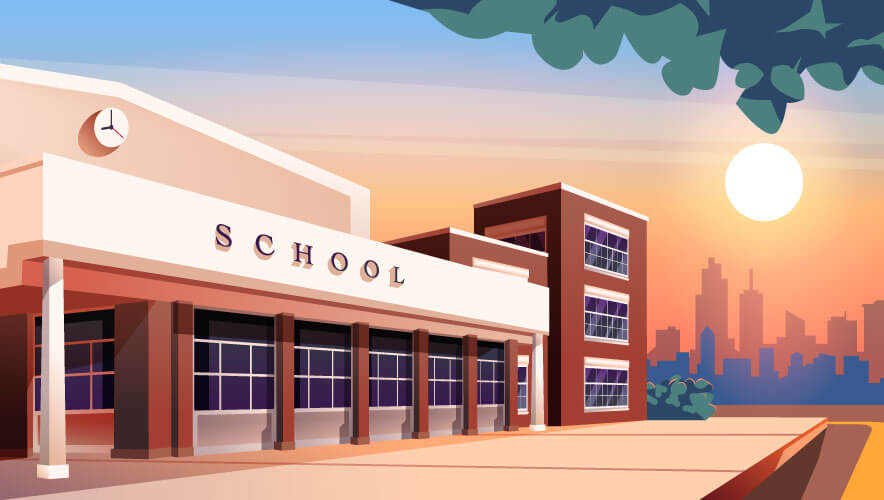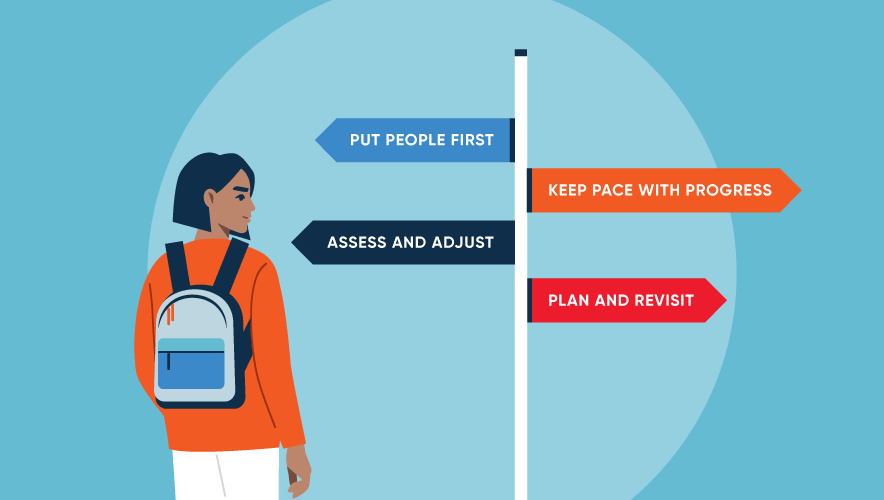New Year's Eve Riots in Germany Prompt Calls for Fireworks Bans
New Year’s Eve in major German cities saw several attacks against the police and emergency responders. The attackers fired rockets and threw fireworks at vehicles.
After two prior New Year’s Eves where the private sale of fireworks in the nation was prohibited, Germans aimed to bring back a traditional holiday celebration where large numbers of fireworks are set off in public spaces. The ban was initiated during the COVID-19 pandemic in an effort to prevent already-taxed healthcare facilities from receiving additional patients injured by fireworks.
However, the 2022 festivities were marred by dozens of instances where law enforcement and first responder vehicles were attacked. Berlin’s fire department “reported 38 separate incidents, including 14 cases where firetrucks were supposedly ‘lured into ambushes’ and shot at with fireworks and pelted with beer crates,” according to DW.com. At least 18 Berlin police officers were injured in the attacks. Other cities reporting attacks against emergency response services included Bonn, Dortmund, Essen, and Hamburg.
The German government condemned the attacks, according to the Associated Press. Also in response to the rioting, Germany’s police and firefighter unions are demanding actions that will prevent such incidents from occurring again.
Along with expressing her support for law enforcement, Berlin Mayor Franziska Giffey said her administration will consider widening bans on fireworks.
In den Taten der Silvesternacht kommt eine unfassbare Respektlosigkeit gegenüber dem Staat und seinen Vertretern zum Ausdruck. Meine volle #Solidarität gilt den Einsatzkräften von Polizei und Feuerwehr. (1)
— Franziska Giffey (@FranziskaGiffey) January 4, 2023
“In 2021, the Federal Criminal Police Office reported that the number of acts of violence against police officers had increased by 689 cases to 39,649 when compared with the previous year. Since 2012, cases of violence against police officers had increased by a total of 22.5 percent,” DW.com reported. Violent incidents where emergency services staff are involved are not as well-documented in Germany.
The riots have already become a lightning rod for political points.
“While there was no evidence that the incidents on Saturday night were politically motivated, German authorities have repeatedly highlighted the growing menace of violent extremism at both ends of the political spectrum, warning of a threat to the nation’s democratic order,” Bloomberg reported.
Suspects in the attacks have not yet been officially identified. As of 4 January, the police have arrested 145 individuals suspected of participating in the Berlin riots. Of those people, “the majority were men, 45 were German while 27 were of Afghan nationality, and 21 were Syrians,” BBC News reported.
Nevertheless, German officials—including the national head of the German Police Union, Rainer Wendt, and the conservative interior minister, Herbert Reul—have stated that a large number of young male immigrants were involved.
However, Giffey argued that the issue is societal instead of racial. “We’re not talking about immigration labels but about what went wrong in the social flashpoints,” Giffey said, according to BBC News.
Another German police union leader, Jochen Kopelke, told The Washington Post prior to the riots that he supports a permanent ban on private firework sales.
